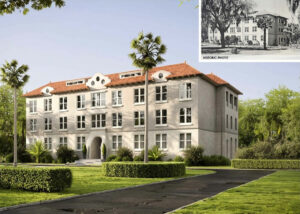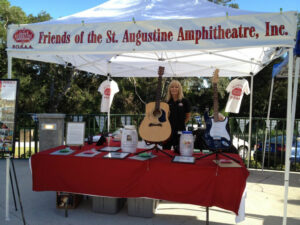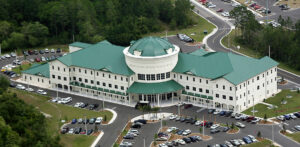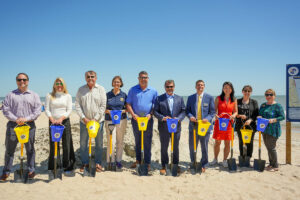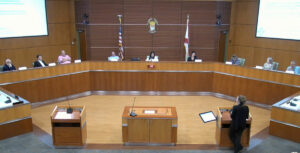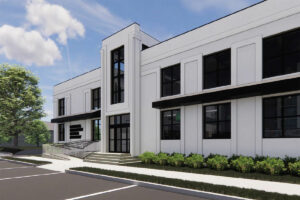St. Augustine Officials Review ‘Sociable City’ Report
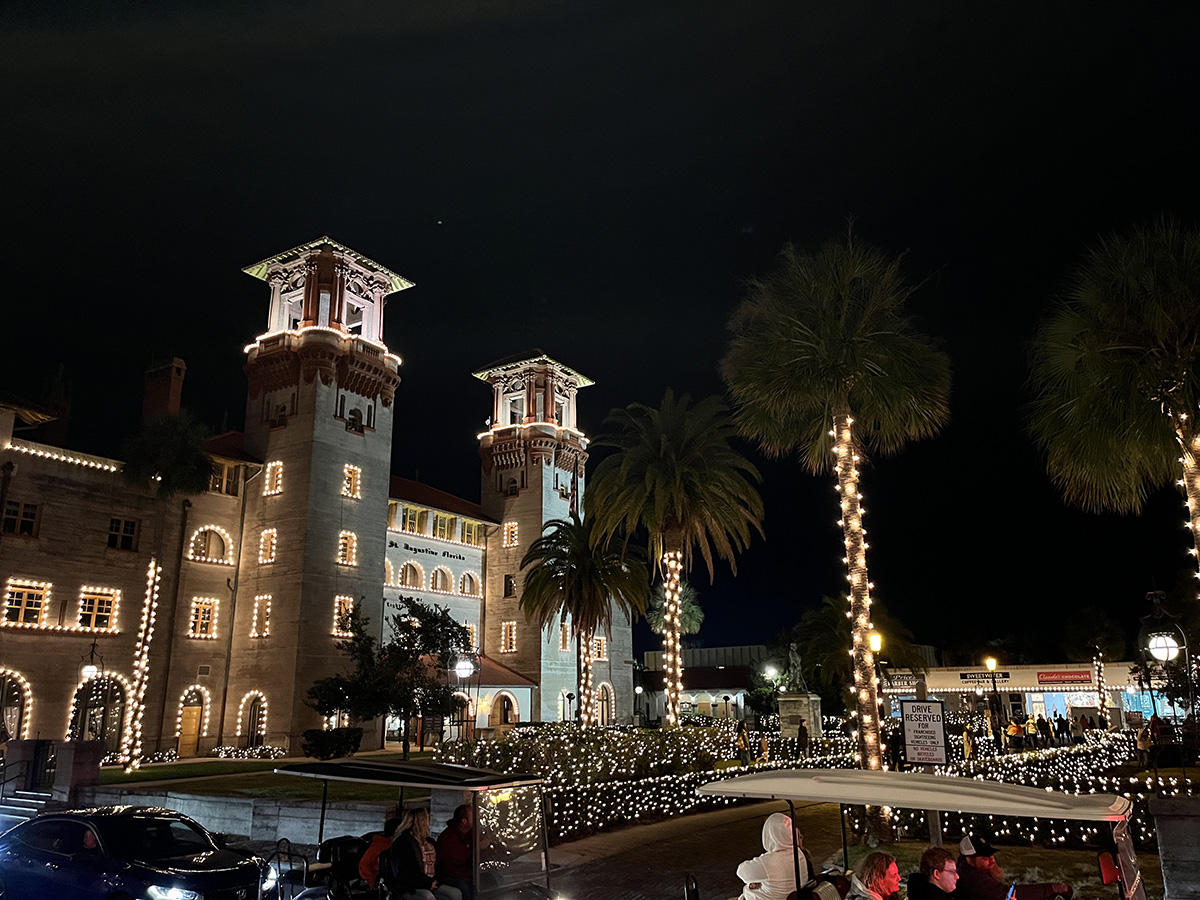
St. Augustine’s status as one of Florida’s prime tourist attractions is well-established. Now the Ancient City is looking to also become a “Sociable City.”
At a recent City Council meeting, City Manager John Regan briefed council members on a report from the Responsible Hospitality Institute on ways to create a safe and vibrant “social economy” – defined as the venues and events that facilitate sociability in the form of dining, entertainment, events and nightlife.
“It has to do with how we manage downtown nightlife,” Regan said.
Regan began with a brief history lesson on the concept of the managing the social economy in the city, beginning back in 2005 when the city extended the time bars and restaurants could serve alcohol from midnight to 2 a.m. in conjunction with Super Bowl XXXIX which took place in Jacksonville.
“We never retracted back to midnight,” Regan said.
Since then, the information technology revolution changed the way people shop and new patterns of dining led to more people eating at restaurants – including those in downtown St. Augustine.
“It has created a shift to where it favors the evolution of your downtown’s food and beverage (industry),” Regan said. That in turn has impacted the downtown area and the relationship between residents and businesses, and led to the report from the Responsible Hospitality Institute.
“Many cities don’t engage in the level of work that was accomplished recently until they hit rock bottom,” Regan said. “We are not near rock bottom.”
Regan said the effort was “ramped back up” in 2022, after the worst of the Covid-19 pandemic had receded.
“We want to make sure we have a good foundation for the social economy to evolve,” he said. “We want to make sure it is vibrant and also make sure it is safe.”
The RHI study included the input of nearly 130 people representing 80 organizations and companies in St. Augustine who participated in 24 meetings hosted by the Institute. The study also included engagement meetings, information gathering efforts, observational tours of the city and six roundtable focus group events.
The study focused on eight key content areas, including market forces, governance and six core measures of a sociable city from social venues, public space, public safety, venue safety, mobility and quality of life.
Regan said the need to take a closer look at the social economy of the city was driven by growth in tourism, especially after St. Augustine celebrated its 450th anniversary in 2015. He said the rise of tensions between residents and businesses in mixed-use neighborhoods created a need to enhance communication between government and the business community to sustain a “peaceful coexistence” among all stakeholders.
Police Chief Jennifer Michaux said the issue of changing the drinking hours deserves particular attention.
“There are a lot of concerns of what happens after midnight with all the downtown venues we have,” she said. “I encourage you to do ride-alongs with the officers.”
Mayor Nancy Sikes-Kline said the City Council needs to take a closer look at the report findings.
“We need to understand it ourselves before we get it out there,” she said.

